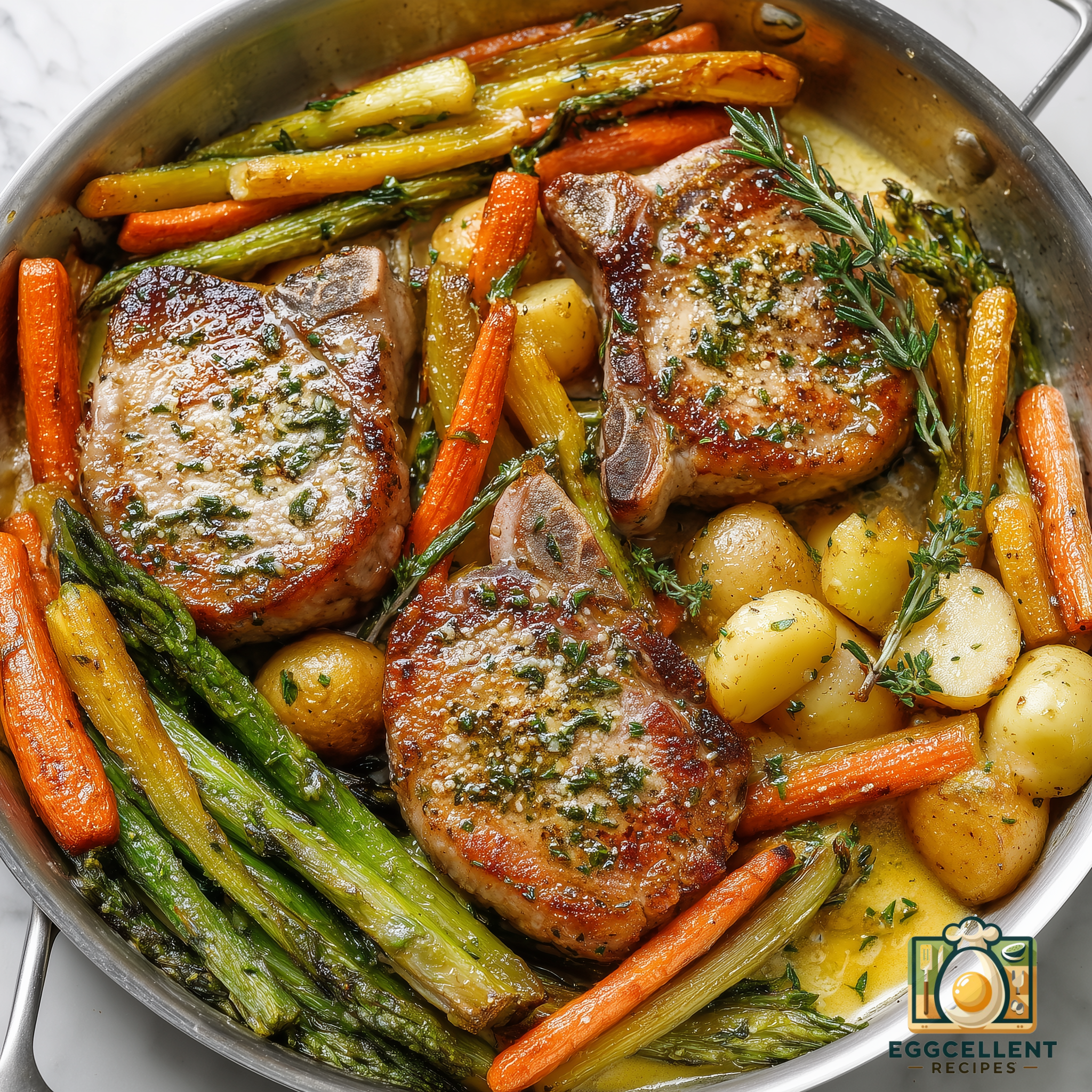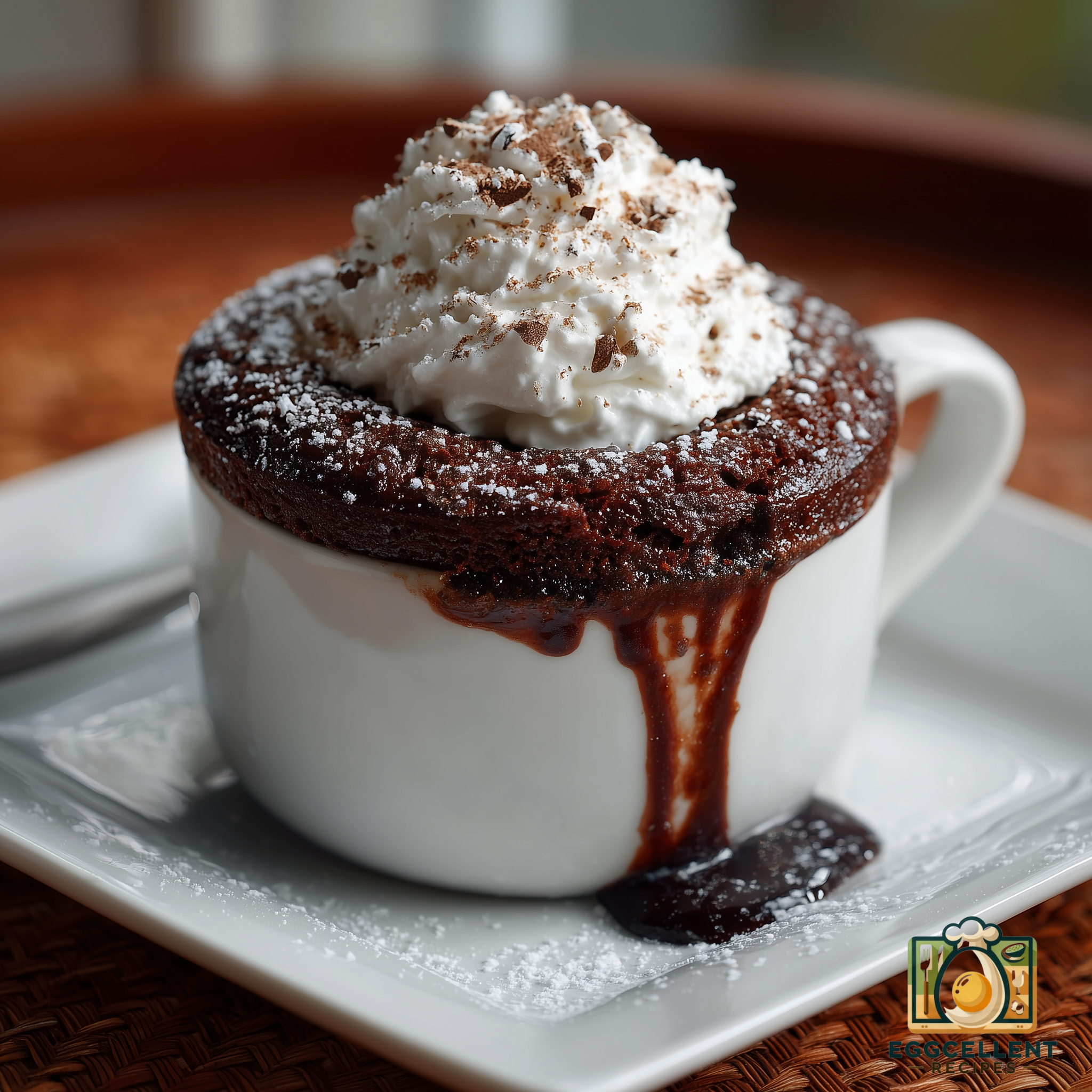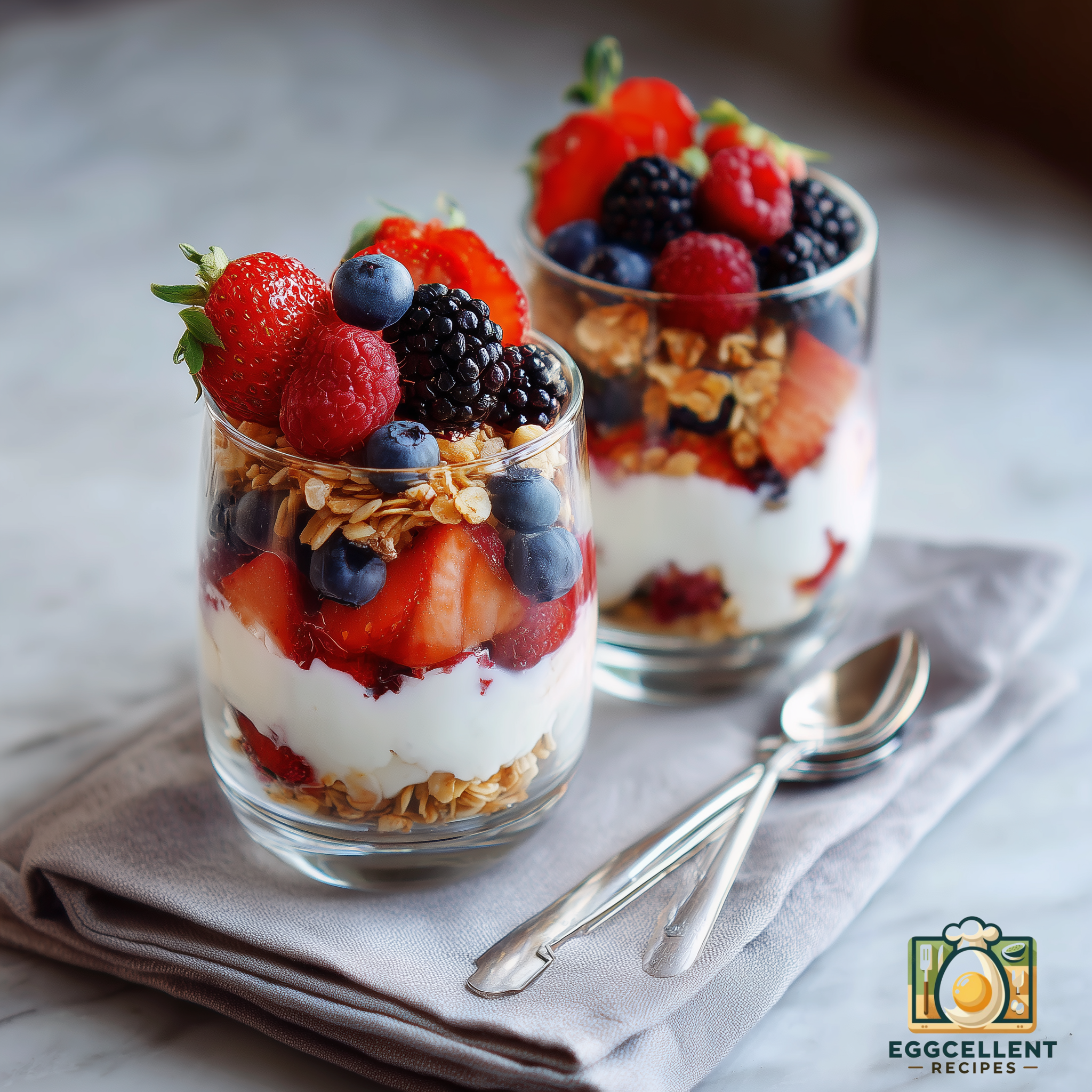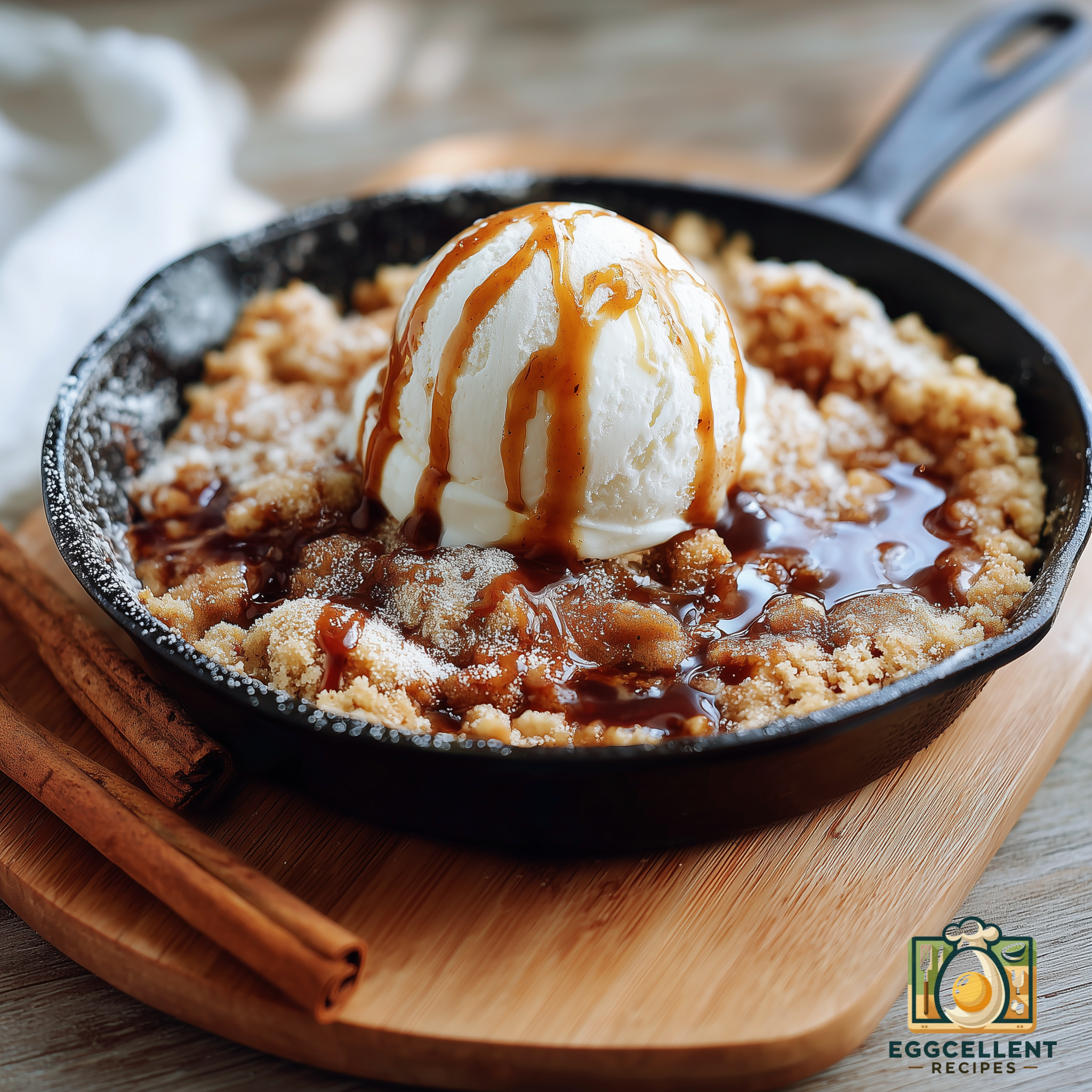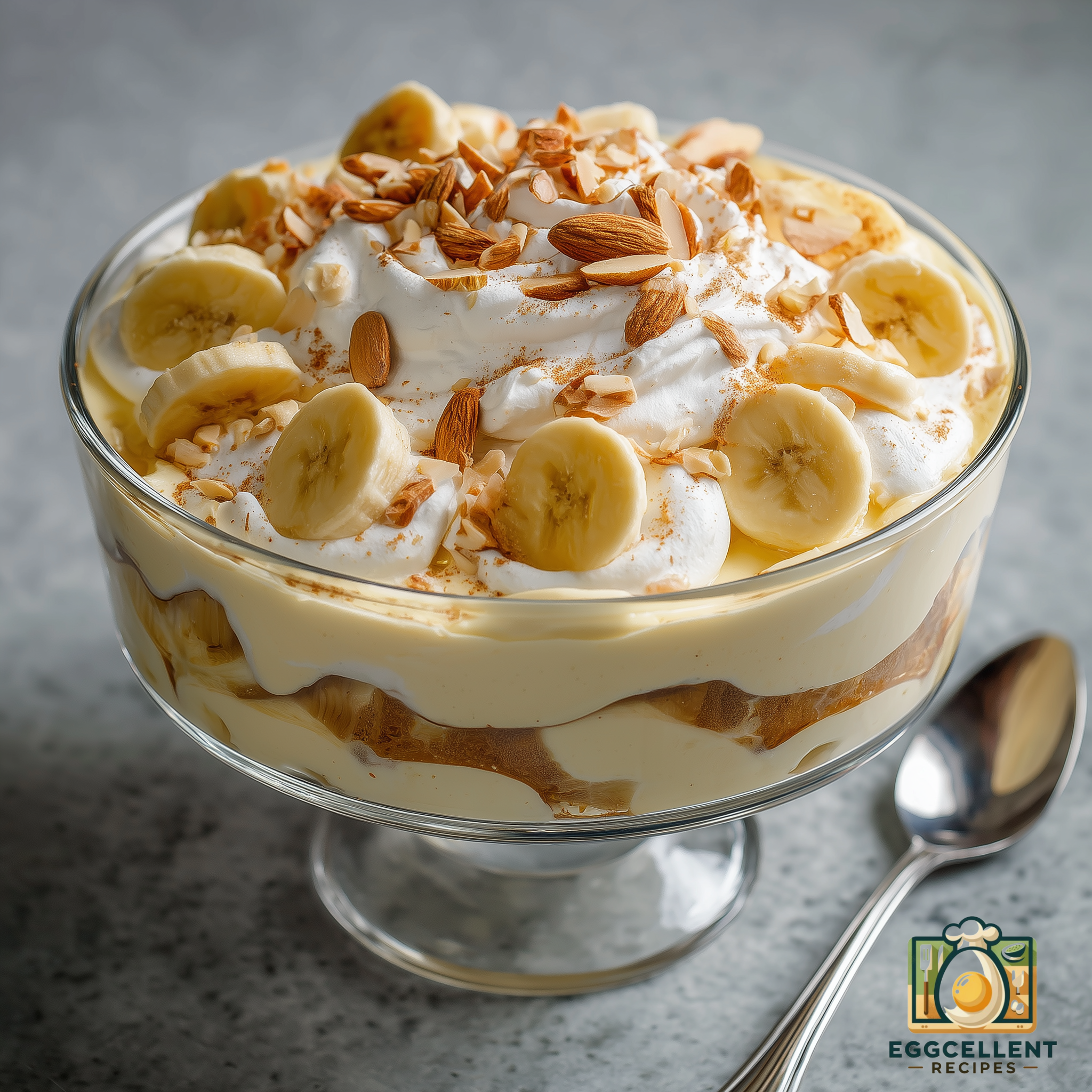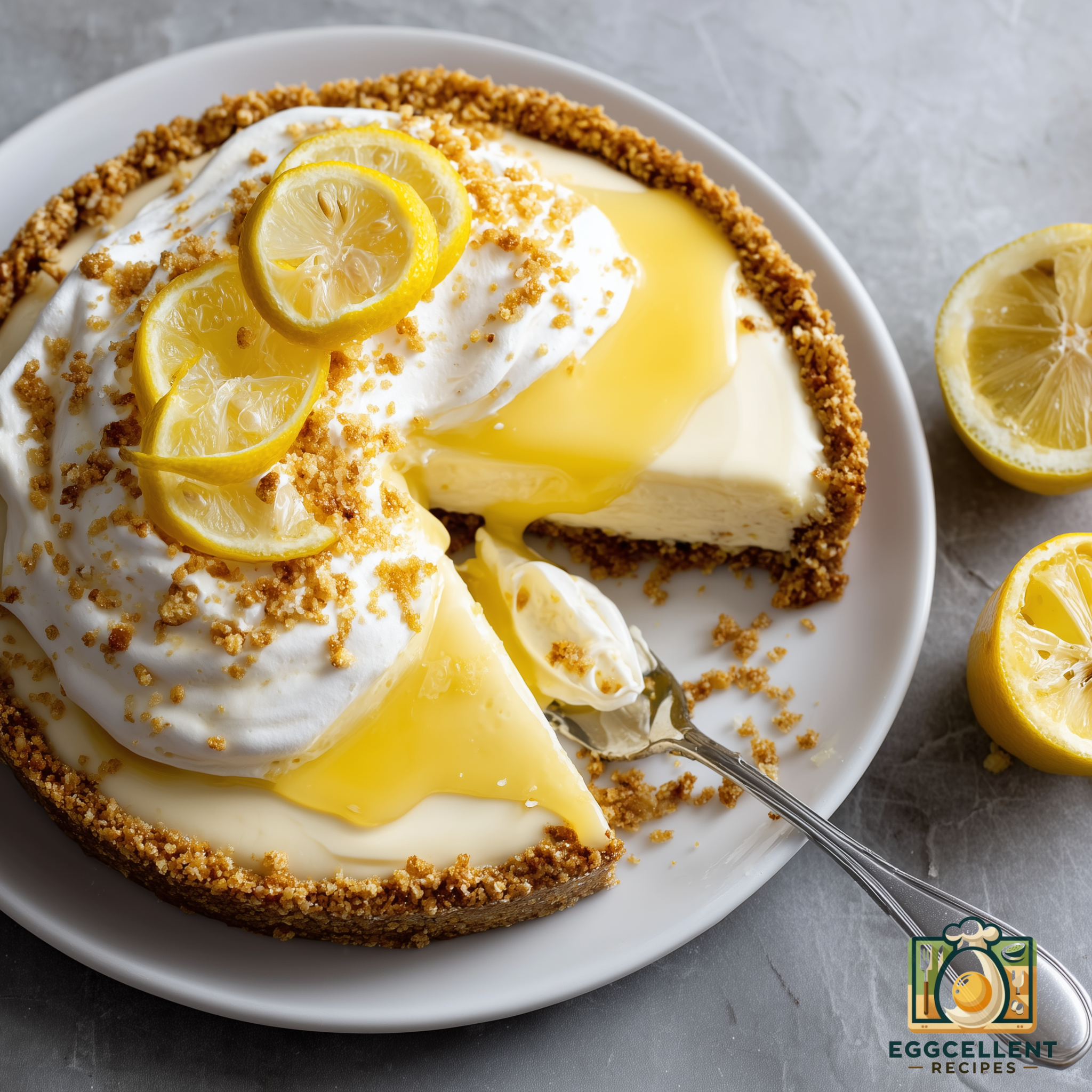
Bloating is a common and uncomfortable problem that many people experience from time to time. It can make your belly feel swollen, tight, and even painful. Fortunately, there are several effective ways to reduce bloating and prevent it from happening in the first place. In this article, we’ll explore the common causes of bloating, along with practical tips and remedies to help you get rid of a bloated belly and feel more comfortable.
What Causes a Bloated Belly?
Bloating occurs when the gastrointestinal tract fills with gas or air, causing discomfort, pressure, and an expanded belly. There are several potential causes of bloating, including:
- Overeating: Consuming large meals can cause your stomach to stretch, leading to bloating.
- Gas and Digestive Issues: Gas buildup in the intestines, often due to eating certain foods or swallowing air, is a common cause of bloating.
- Constipation: When stool builds up in the colon, it can lead to bloating, discomfort, and trapped gas.
- Food Intolerances: Intolerances to lactose, gluten, or other components can lead to digestive upset and bloating.
- High-Sodium Diet: Eating foods high in salt can lead to water retention, making you feel bloated.
- Carbonated Beverages: Fizzy drinks release carbon dioxide gas, which can lead to bloating.
- Hormonal Changes: Many women experience bloating as a symptom of premenstrual syndrome (PMS) due to hormone fluctuations.
How to Get Rid of a Bloated Belly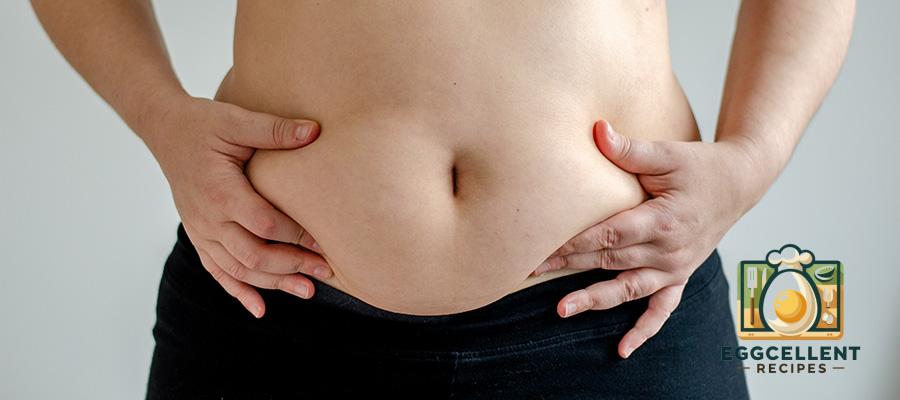
Here are some effective tips and strategies to reduce bloating and get your belly back to feeling normal.
1. Watch Your Portion Sizes
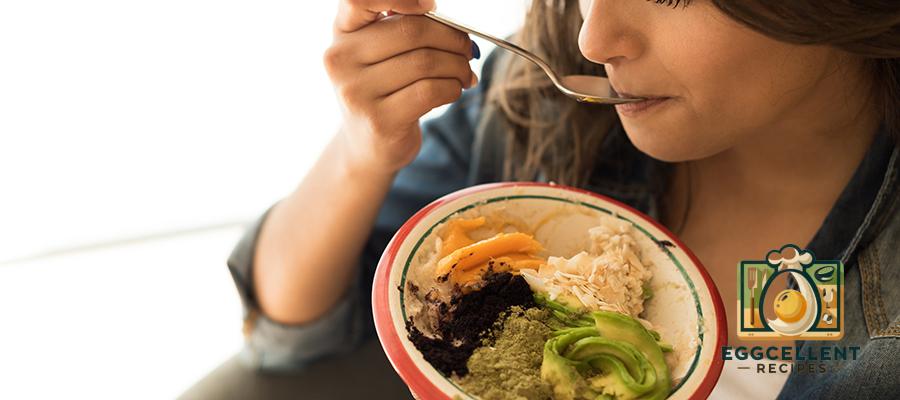
Overeating can cause your stomach to expand and lead to bloating. To prevent this, try eating smaller, more frequent meals throughout the day rather than a few large ones. Chew your food slowly to give your body enough time to digest properly and avoid swallowing excess air.
2. Stay Hydrated
Drinking plenty of water is essential for proper digestion and reducing bloating. Water helps flush out excess sodium, reduces water retention, and keeps your digestive system moving smoothly. Aim for at least 8 cups of water a day, and consider adding lemon or cucumber for a refreshing boost.
3. Avoid Gas-Producing Foods
Certain foods are notorious for causing gas and bloating. Common culprits include:
- Beans and Lentils: High in fiber and certain carbohydrates that can be difficult to digest.
- Cruciferous Vegetables: Broccoli, cauliflower, and cabbage can cause gas buildup.
- Carbonated Drinks: Fizzy drinks release gas, which can lead to bloating.
- Dairy Products: If you’re lactose intolerant, dairy can cause bloating and digestive discomfort.
To reduce bloating, consider limiting or avoiding these foods, especially when you already feel bloated.
4. Eat Probiotic-Rich Foods
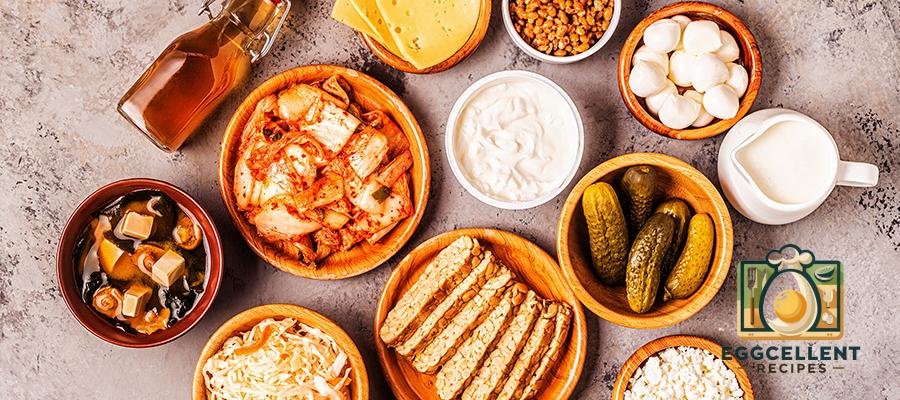
Probiotics are beneficial bacteria that support gut health and can help reduce bloating caused by an imbalance in gut flora. Foods rich in probiotics include:
- Yogurt: Choose plain, unsweetened yogurt with live and active cultures.
- Kefir: A fermented dairy drink that contains numerous strains of probiotics.
- Sauerkraut and Kimchi: Fermented cabbage loaded with beneficial bacteria.
Adding these foods to your diet can help balance your gut microbiome and reduce bloating.
5. Stay Active

Physical activity helps stimulate digestion and can reduce the chances of experiencing bloating. Even light activities, such as walking after meals, can help move food through the digestive tract and prevent gas buildup. Aim for at least 30 minutes of moderate exercise most days of the week.
6. Limit Sugar Alcohols
Sugar alcohols, like sorbitol and xylitol, are often found in sugar-free products and can lead to bloating and digestive discomfort because they are not fully absorbed in the digestive tract. Check labels for sugar alcohols and reduce your intake if you notice bloating.
7. Try Herbal Teas

Certain herbal teas have properties that can aid digestion and reduce bloating. Some options to consider are:
- Peppermint Tea: Helps relax the digestive tract and reduce gas.
- Ginger Tea: Contains anti-inflammatory compounds that help reduce bloating.
- Chamomile Tea: Can soothe the digestive system and reduce bloating.
Sipping on herbal teas can help alleviate discomfort and reduce a bloated belly.
8. Reduce Sodium Intake
A high-sodium diet can cause water retention, making you feel bloated. Avoid processed foods, canned soups, and salty snacks, and instead choose fresh, whole foods. Use herbs and spices for flavor instead of salt to keep sodium intake in check.
9. Manage Stress

Stress can impact digestion and lead to bloating. When you’re stressed, your body releases hormones that can slow down the digestive process, leading to gas buildup and discomfort. Incorporate stress-relieving activities into your routine, such as deep breathing exercises, yoga, meditation, or spending time in nature.
10. Take Digestive Enzymes
Digestive enzyme supplements can help break down food more efficiently, reducing the risk of bloating. If you have difficulty digesting certain foods, such as dairy or protein, taking digestive enzymes may provide relief. Consult with your healthcare provider before using any supplements.
11. Avoid Chewing Gum
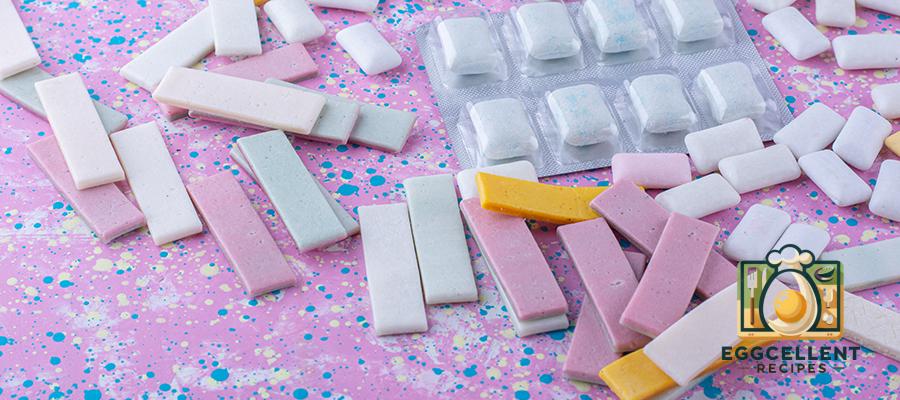
Chewing gum can lead to swallowing air, which can get trapped in your digestive system and cause bloating. If you need to freshen your breath, opt for mint leaves instead of chewing gum.
12. Try a Low-FODMAP Diet
FODMAPs are a group of carbohydrates that can be poorly absorbed in the digestive tract, leading to gas and bloating. A low-FODMAP diet involves limiting foods high in fermentable carbs, such as onions, garlic, wheat, and some fruits. This diet is particularly helpful for individuals with irritable bowel syndrome (IBS) who are prone to bloating.
Foods to Reduce Bloating
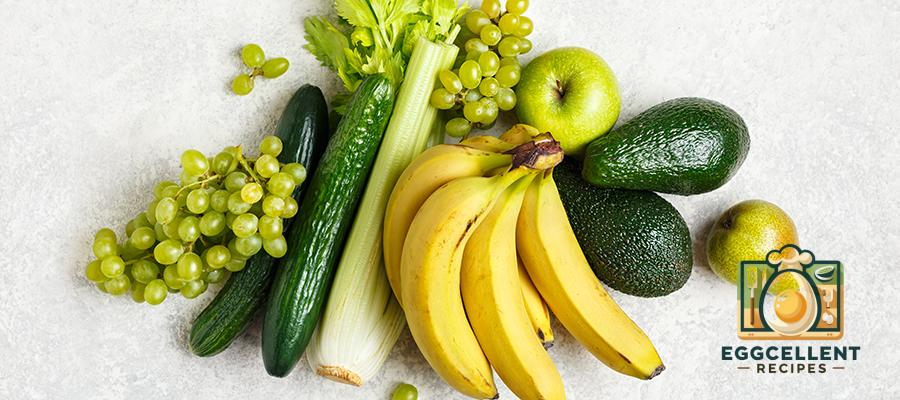
In addition to the strategies above, incorporating these foods into your diet may help reduce bloating:
- Cucumber: High water content helps reduce water retention.
- Papaya: Contains an enzyme called papain, which aids digestion.
- Bananas: Rich in potassium, which helps counteract bloating caused by sodium.
- Fennel: Contains compounds that relax the digestive tract and reduce gas.
- Pineapple: Contains bromelain, an enzyme that helps break down protein and ease digestion.
When to Seek Medical Help
While bloating is usually harmless, it can sometimes be a sign of an underlying health issue. If you experience persistent or severe bloating accompanied by symptoms such as weight loss, severe pain, vomiting, or blood in your stool, it’s important to seek medical attention.
Final Thoughts
Bloating is an uncomfortable but manageable issue that affects many people. By making a few lifestyle and dietary changes, you can reduce the likelihood of a bloated belly and feel more comfortable. Focus on staying hydrated, eating smaller meals, avoiding gas-producing foods, and incorporating gut-friendly options like probiotics and herbal teas into your diet.
If you’re experiencing persistent or severe bloating, it’s essential to speak with a healthcare professional to rule out any underlying health conditions. With these strategies, you can reduce bloating and improve your digestive health, making every day more comfortable and enjoyable.

